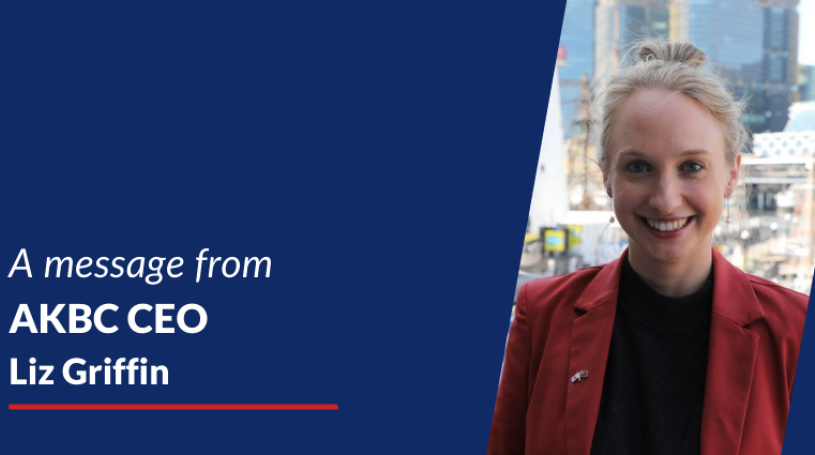AKBC e-Newsletter May

AKBC - E-NEWSLETTER MAY
Dear AKBC Members,
As both Australia and Korea strive to decarbonise their economies, the energy transition offers a unique opportunity for collaboration between our nations. This partnership can significantly enhance the development and deployment of renewable energy technologies, bolster energy security, and drive economic growth through green investments. Australia’s vast renewable energy resources complement Korea’s advanced technology and manufacturing capabilities, paving the way for innovative solutions in energy storage, hydrogen production, and carbon capture and storage (CCUS).
CCUS cooperation between Australia and Korea is particularly promising. Recently, Austrade led a senior Korean delegation to Perth, with AKBC actively participating in the program. The delegation included representatives from GS E&C, Korea CCUS Association, Samsung E&A, and SK E&S. This visit underscores the critical role of CCUS technology in achieving Korea’s 30-year Nationally Determined Contribution (NDC) and 2050 Carbon Neutrality Goals. Korea aims to reduce CO2 emissions by 11 million tons by 2030 and 60 million tons by 2050 through CCS initiatives. The East Sea CCS Project, Korea’s first large-scale demonstration project, plans to start CO2 injection by 2027, targeting an annual reduction of 1.2 million tons of CO2.
Given Korea's limited storage sites and Australia's abundant storage opportunities linked to existing gas projects, our complementary strengths present a significant opportunity for enhanced bilateral cooperation. To realise this potential, legislative measures are needed to enable the capture, transport, and storage of greenhouse gases, including a bilateral agreement between Australia and Korea.
Several Memorandums of Understanding (MoUs) are already in place, with more expected in the coming years. Existing partnerships include an MoU between the Korea CCUS Association and CO2CRC to promote bilateral CCUS research and collaboration, and a five-party MoU involving the Korea CCUS Association, Santos, CO2CRC, K-Sure, and SK E&S. SK E&S is also involved in the Bayu-Undan CCS project, which aims to convert the Bayu-Undan gas field for CO2 storage to abate emissions from the Barossa gas field and CO2 captured and transported from Korea for blue hydrogen production. Additionally, Korean companies are involved in the Otway Project in Victoria. AKBC member Pilot Energy has Korean stakeholders engaged in its Cliff Head CCS project.
We anticipate that CCUS will continue to be a key area of enhanced Australia-Korea bilateral cooperation as both countries seek to decarbonise and achieve net zero emissions by 2050.
Sincerely,
Liz Griffin
CEO
Australia-Korea Business Council
Click here to subscribe to the AKBC e-newsletter.
